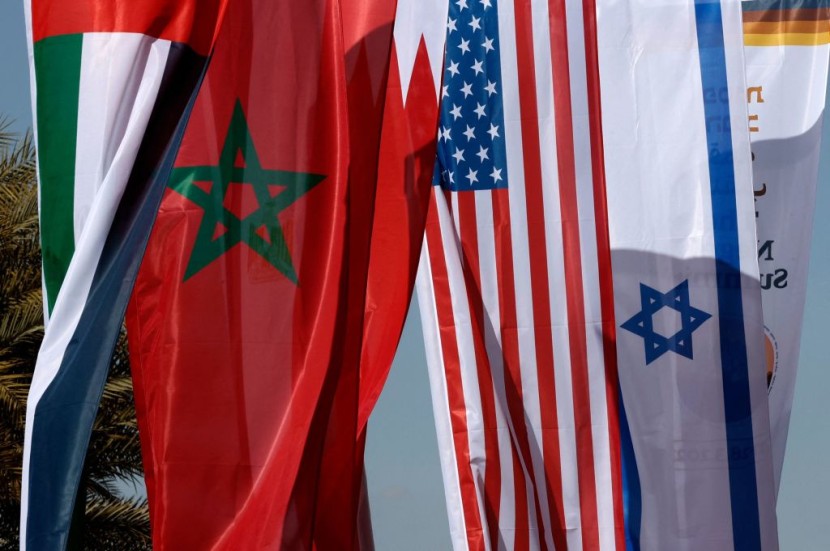
The White House has resumed negotiations with Iran to secure the release of American detainees and restrict Tehran's nuclear program.
On Wednesday, the Wall Street Journal reported that at least three Biden administration officials had traveled to Oman for indirect discussions with their Iranian counterparts since December when senior US and Iranian diplomats met in New York.
Iran Admits to Holding Indirect Discussions with US
A month earlier, President Joe Biden informed a group of Iranian Americans in California that the 2015 nuclear agreement between the United States, Iran, and five other world powers was "dead, but we will not declare it."
According to the Journal, weeks later, Robert Malley, the State Department's special envoy for Iran, met with Iran's ambassador to the United Nations.
Between February and May, Omani officials reportedly relayed correspondence between Brett McGurk, the National Security Council's top official for the Middle East and North Africa, and Ali Bagheri-Kani, Iran's chief nuclear negotiator. Malley also traveled to Oman during this period, according to the Journal.
In addition, Omani Sultan Haitham bin Tarik conferred with Iranian Supreme Leader Ayatollah Ali Khamenei in Tehran late last month, according to NY Post. Iran seeks to regain access to billions of dollars suspended due to US sanctions, possibly in exchange for concessions regarding its American prisoners and nuclear ambitions.
The United States recently approved Iraq's payment of approximately $2.7 billion to Iran for electricity and gas imports; however, Washington officials say the transfer is unrelated to the revived discussions. Tehran has also reportedly sought access to $7 billion in assets stashed in South Korea.
Iran's seizure of oil transports in the Persian Gulf and supply of Russia with drones for use in its invasion of Ukraine have strained relations between Iran and the United States over the past year. Last fall, the United States joined a chorus of foreign nations in vehemently condemning Iran for violently suppressing mass protests in response to the death of 22-year-old Mahsa Amini, whom Iran's notorious morality police had detained.
Iran is believed to have increased its nuclear activity following the tightening of sanctions by the Trump administration in 2018. US officials say this entails accumulating sufficient nuclear material to construct weapons.
Read Also : Chris Christie Calls Trump a 'Three-Time Loser,' Slams DeSantis for Playing Games With Voters
West Accused Iran of Derailing Negotiations
Meanwhile, Tehran has denied any desire to develop a nuclear weapon. Ali Khamenei, Iran's supreme leader, stated on Sunday that Islamic values forbade Iran from pursuing a weapon of mass destruction. He supported a nuclear agreement so long as it preserved Iran's current nuclear capabilities.
During a visit to an exhibition displaying advanced Iranian IR-6 centrifuges used to enrich uranium, he stated, "Ensure that the infrastructures of the nuclear industry remain intact."
Despite multiple rounds of negotiations to save the 2015 nuclear agreement, significant progress has yet to be made. Last year, Western nations accused Iran of derailing the negotiations.
Israeli media reported that on Tuesday, Israeli Prime Minister Benjamin Netanyahu informed the Foreign Affairs and Defense Committee of the Knesset that Washington will not completely return to the 2015 deal with Iran but is instead discussing a "mini-deal" with Iran.
According to the Israeli news outlet Walla, Netanyahu stated that one of the United States' demands was that Iran not enrich uranium to a higher purity level than its present 60 percent.
© 2025 HNGN, All rights reserved. Do not reproduce without permission.








